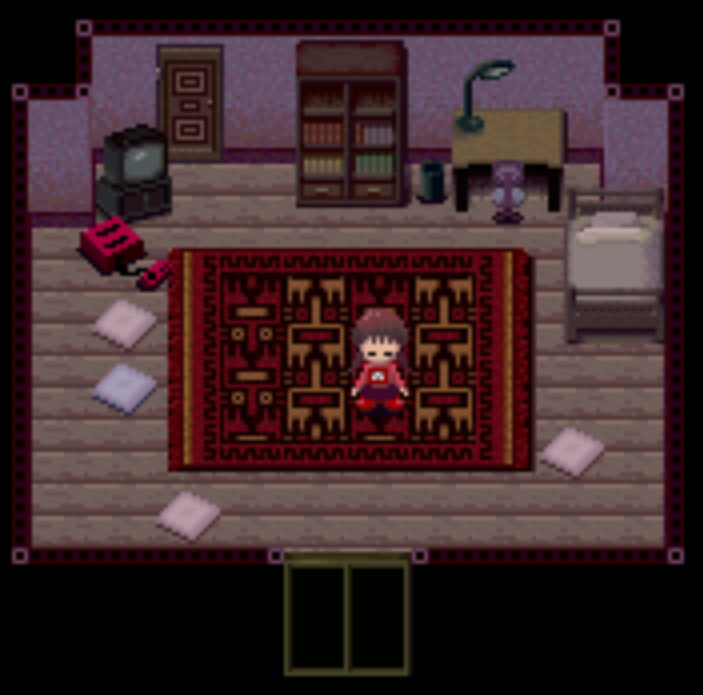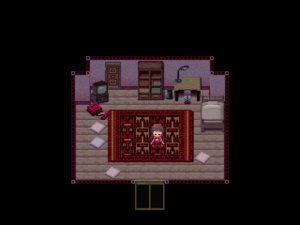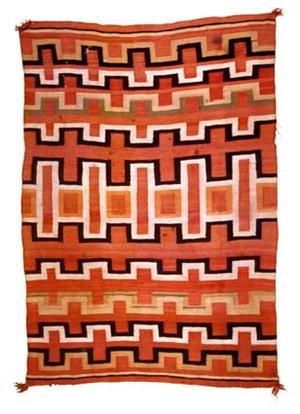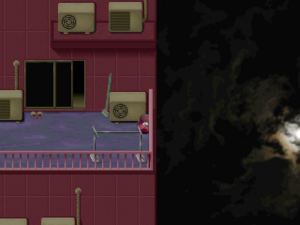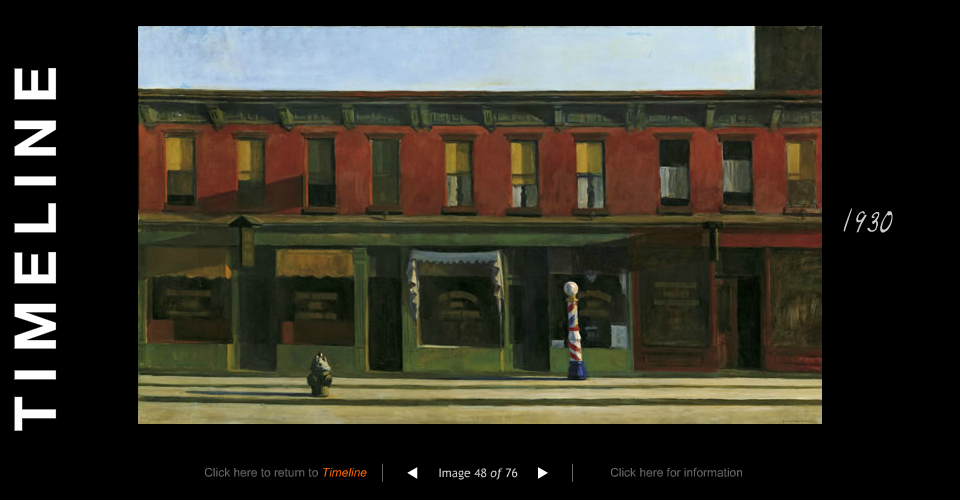近隣のプエブロ族から採り入れた「地底から先祖が現れた」という神話を持ち、その再現である「イェイビチェイ」と呼ばれる大掛かりな精霊行進の儀式が有名である。ターコイズと銀を用いた宝石細工を得意とし、ナバホのほとんどはこの装飾品を身につけている。「インディアン・フルート」の奏者も多い。
The ceremony of the large-scale spirit-of-a-departed-person march which has the myth taken in from the neighboring Pueblo "the ancestor appeared from depths of the earth", and is called "イェイビチェイ?" which is the reappearance is famous.
The jewelry work using turquoise and silver is made elated, and most Navajo puts on these accessories.
There are also many players of an "Indian flute."
「先取の才がある」といわれ、18世紀にスペイン人が羊を持ち込んだ際には、羊の放牧をすぐに採り入れた。「ナバホ・ラグ」と呼ばれる精巧な絵柄の羊毛の敷布は19世紀に貴重な交易品となり、現在も珍重される。母系社会であり、放牧も織物も、現在でも女性の仕事である。
It is said that "there is a preoccupation of old", when the Spaniards brought the sheep in the 18th century, was soon adopted grazing sheep. Fleece bedsheets elaborate pattern called "Navajo Rag" is a valuable trade goods in the 19th century, are still prized. Is a matrilineal society, and also textile grazing, is women's work today.
Madotsuki's Room(Edward Hopper)
「日曜の早朝」 米国の画家エドワード・ホッパーの絵画(1930) ◆赤い建物の壁が特異な静けさを感じさせる作品;カンバス 油彩 82×102 cm ニューヨーク近代美術館.
Museum of Modern Art, New York Oil on canvas 82 × 102 cm; work "Early Sunday Morning" feel the serenity peculiar red walls of the building (1930) ◆ U.S. painter Edward Hopper painting.
Edward Hopper (1882–1967) produced some of the most enduringly popular images in American art. Throughout his career, he created quiet, yet riveting pictures of ordinary people and places, which in his hands became dramatic scenes that express a sense of isolation, anomie, and the bittersweet comfort of being alone. His images of New York diners, movie palaces, apartments, and offices reflect urban life in America between the world wars; his light-filled watercolors of the New England coast and its architecture evoke the austere beauty of the region.
http://www.nga.gov/exhibitions/2007/hopper/timeline/timeline.shtm

